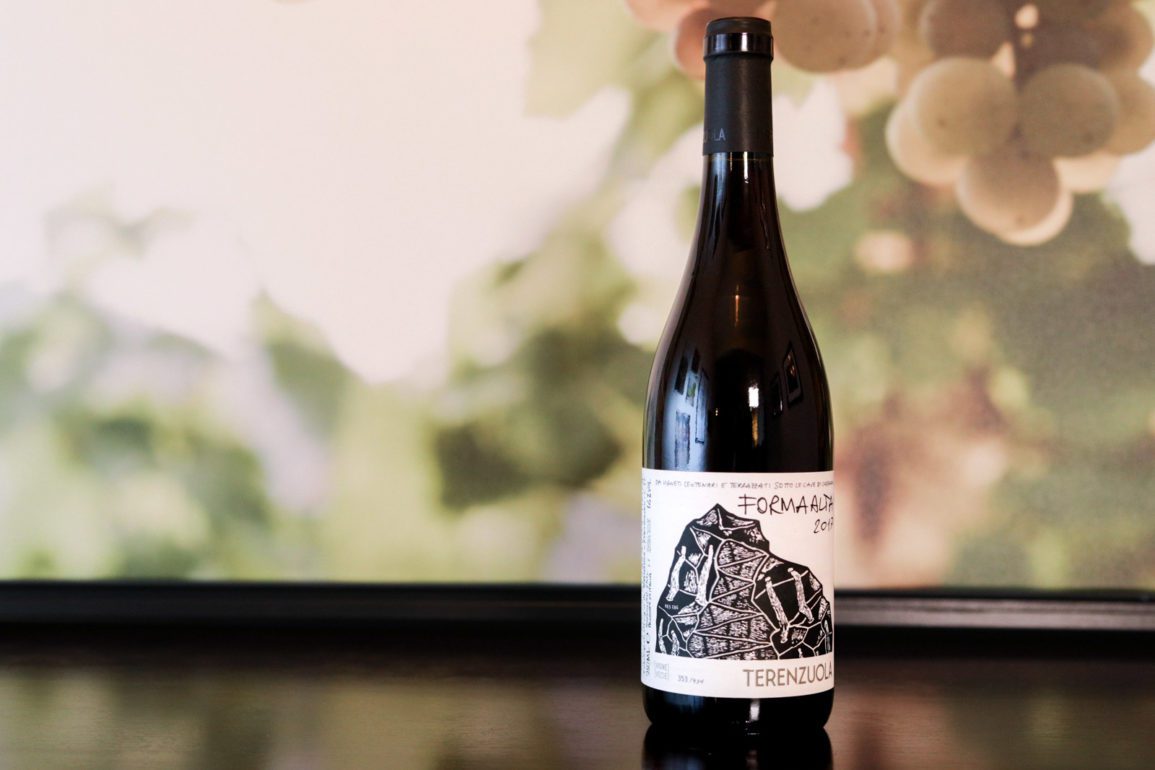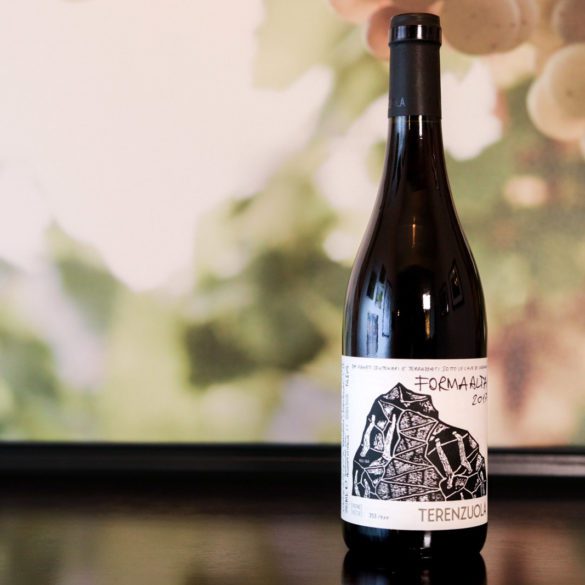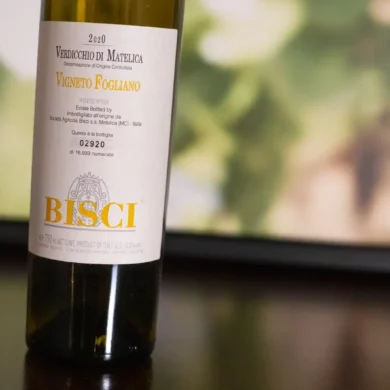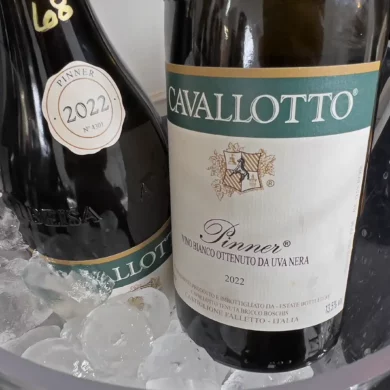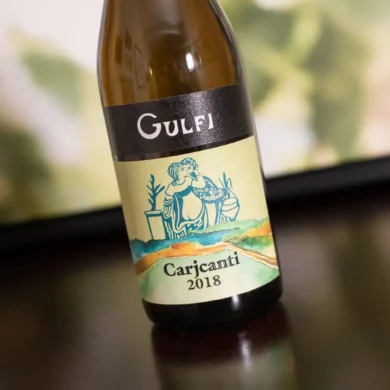There is a city along the Tuscan coastline, very near the border of Liguria, where the mountains have been clawed and scraped at for millenia, exposing a pale dermis of marble. The quarries of Carrara are perhaps the most famous on Earth, lending marble to Trajan’s column, the Pantheon and Michelangelo’s David, among many other iconic buildings and sculptures of Italy’s past. Today, all of the famed pure-white marble is gone, but they continue to remove light blue-gray marble for modern purposes. On the train from Pisa to Cinque Terre years ago, I remember those pale cuts high up above and how they absorbed my attention. What I don’t recall is vineyards hanging from those steep hillsides, but they are there, hovering above the neighboring city of Massa.
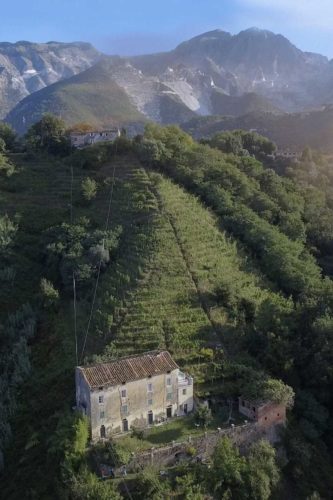
I’ve been immersed in Italian wine for a long time, but I never thought to investigate this fold of Tuscany until this year, when a collection of wine from Terenzuola was sent to me. I was immediately intrigued with the heroic nature of this winery’s viticulture, as they source grapes from around Carrara, as well as the Colli di Luni DOC and Cinque Terre just over the border. Some of Terenzuola’s vineyards, particularly those above Massa, require 1200 hours per hectare, among the most labor-intensive in all of Italy.
More of Terenzuola’s wines are featured in the new Tuscany Tasting Report focused on the region’s non-red wines, but “Forma Alta” deserves its own Wines to Admire review. It is made mostly from a rare local grape called Vermentino Nero (no relation has been established, however, to Vermentino). A late-ripening variety with high acidity, Vermentino Nero was largely saved from extinction by Podere Scurtarola’s Pierpaolo Lorieri. The same rescue extends to Massaretta, another local grape which is used as a blending partner here in small amounts.
I thoroughly enjoyed this wine’s personality. It was spirited, lean, fruity, earthy and just structured enough to last several nights, allowing me several “re-visit” half pours throughout a lumbering week. Suggestive of black cherries, cinnamon stick and potting soil with a tinge of flowers, “Forma Alta” registers most beautifully on the nose. For reference, think of Dolcetto but with more complexity on the nose (or perhaps an Italian cousin of Alsatian Pinot Noir). The wine was also fermented as whole cluster, which seems to lend a little edge to its palate feel.
2017 Terenzuola “Forma Alta” Vermentino Nero Toscana
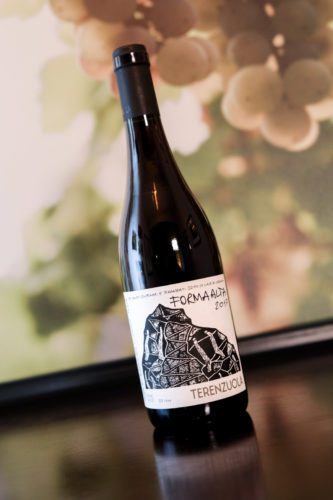 Toscana IGT (Tuscany )
Toscana IGT (Tuscany )
Grapes: Vermentino Nero and a splash of Massaretta
Alcohol: 14%
Opinion: ★★★★ 3/4 (out of five)
Food-friendiness: Versatile
Value: As Expected
A beginner might like … turning to this wine as an alternative to lighter versions of Pinot Noir. It’s freshness, structure as well as bright red fruit countered by lovely earthiness all seem to hit the same sweet spot as cool-climate Pinot. I noticed that the Pinot Noir similarities only grow stronger with more oxygen and time.
A wine obsessive might like … putting a checkmark next to Vermentino Nero on their Indigenous Grapes of Italy bucket list. As so often happens with my first encounters with rare grapes like this, I tried to pin what it reminded me of. I’m curious your impressions, so add them to the comments below.
Note: This wine was provided as a sample by Terenzuola’s PR agency. Learn more about our editorial policy.
